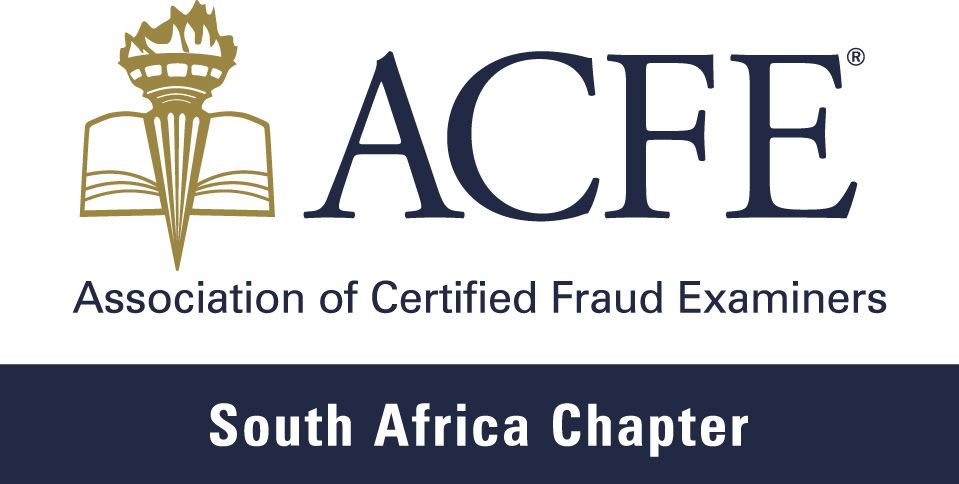ACFE SA: Amicus Curiae - Admissibility of Surveillance Evidence Obtained

From the Office of the Legal Department
By Adv. Minette Niemann
The Association of Certified Fraud Examiners South Africa (ACFE SA) welcomes the recent High Court judgment in the case of De Jager v Netcare Limited and Others (Case Number: 42041/16) [2025] ZAGPPHC 141 (17 February 2025), which upheld the admissibility of surveillance evidence obtained.
In this case, the plaintiff, Nicolaas J. de Jager, challenged the admissibility of surveillance evidence obtained by the defendant, Netcare Limited, on the grounds that his constitutional right to privacy as protected under Section 14 of the Constitution had been violated. The surveillance, which included photographs taken in public settings, was used to challenge Mr de Jager's claims regarding his health status. The court invited an amici curiae, commonly referred to as "a friend of the court," whose contributions ultimately proved invaluable. The amicus curiae were tasked with assisting the court in navigating the apparent conflict between the right to privacy and the public interest in uncovering the truth. In its judgment, the court noted that the amici curiae’s “incisive input was just what the doctor order”.
The High Court of South Africa, Gauteng Division, Pretoria, addressed several key issues:
- The court emphasised that privacy concerns should be addressed within the framework of the Protection of Personal Information Act 4 of 2013 (POPIA), rather than directly invoking constitutional rights.
- The court evaluated whether the surveillance evidence was lawfully obtained. It concluded that the photographs were taken in public spaces, establishing a rational link between capturing the images and the necessity of the evidence to assess the plaintiff’s health claims. Importantly, the court found that there were no less restrictive means available, rendering the evidence admissible.
- While admitting the surveillance evidence, the court ordered that personal information of individuals not party to the case be redacted to protect their privacy rights.
This judgment is a landmark moment for the fraud examination profession, reinforcing the admissibility of surveillance evidence when conducted ethically and in line with South African legislation. ACFE SA is especially proud that the surveillance in question was conducted by ACFE members who adhered strictly to the professional standards we uphold. The ruling validates the meticulous approach our members take to balance investigative rigour with respect for privacy laws. The full Court Judgment is available on our website:
A Proud Moment for ACFE SA Members
The outcome of this case is not only a victory for the integrity of investigative practices but also highlights the professionalism of our members in gathering evidence that stands up to judicial scrutiny. It reinforces the value of ACFE standards and the critical role fraud examiners play in uncovering the truth while respecting the boundaries of privacy legislation.
About ACFE SA
The Association of Certified Fraud Examiners South Africa (ACFE SA) is committed to promoting the highest standards in fraud detection, prevention, and investigation. Our members operate under a strict Code of Ethics and professional standards, ensuring integrity, transparency, and accountability in the fight against fraud and corruption.
